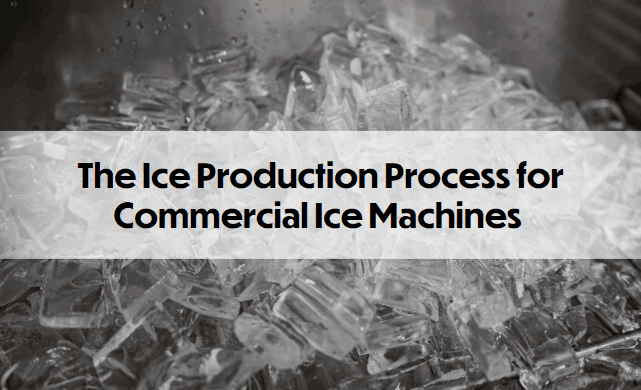Custom Chiller Water Treatment Solutions
Custom Chiller Water Treatment Ensuring Efficiency and Longevity
In today's industrial and commercial environments, chillers play a vital role in maintaining optimal operational climates. Custom chiller water treatment is essential for ensuring these systems operate efficiently and have an extended lifespan. This process focuses on conditioning the water that circulates within a chiller system, preventing issues such as corrosion, scaling, and biological growth that can hinder performance.
Chillers work on the principle of removing heat from a defined area, using a refrigerant to absorb and expel thermal energy. The water used in these systems acts as a heat transfer medium. Therefore, the quality of this water is critical. Contaminants such as dissolved solids, oils, and biological matter can enter the system over time, leading to inefficiencies and potential failures.
One of the main concerns in chiller water treatment is the prevention of scaling. Scale formation occurs when dissolved minerals precipitate out of the water, often due to temperature fluctuations. This build-up can form hard deposits on heat exchange surfaces, reducing heat transfer efficiency. Regular monitoring and treatment involving the use of scale inhibitors can mitigate this problem, ensuring that chillers operate at peak performance.
custom chiller water treatment

Corrosion is another significant issue that affects chiller systems. The metallic components of chillers, including pipes and heat exchangers, can corrode over time if not properly treated. Corrosive elements can originate from the water itself, the environment, or even from the materials used in the system. Implementing a comprehensive water treatment protocol that includes the use of corrosion inhibitors not only protects the system but also minimizes the risk of unscheduled downtime due to repairs.
Biological growth, such as algae and bacteria, can also pose challenges in water cooling systems. These organisms can thrive in warm, stagnant water and can lead to biofilm formation, further reducing heat transfer efficiency and potentially causing odors and health hazards. To combat this, routine disinfection practices and the use of biocides are essential components of a custom water treatment plan. Regular maintenance schedules should also be established to ensure the chiller system remains free of biological contaminants.
When designing a custom chiller water treatment system, it is critical for facility managers to conduct a thorough analysis of the specific needs of their chiller operation. Factors such as water source quality, local environmental conditions, and the type of process cooling being performed should all inform the treatment strategy. Furthermore, working with water treatment experts can ensure that the right chemicals and technologies are chosen to tailor solutions to individual requirements effectively.
In conclusion, custom chiller water treatment is an indispensable aspect of maintaining and optimizing chiller systems. By addressing scaling, corrosion, and biological growth, facility managers can enhance the efficiency and longevity of their operations. Regular monitoring, maintenance, and a proactive treatment strategy will not only ensure uninterrupted system performance but also contribute to significant energy savings and sustainability goals. Investing in proper chiller water treatment is not just a maintenance task; it is an essential step towards achieving reliable and efficient industrial operations.
















































































































